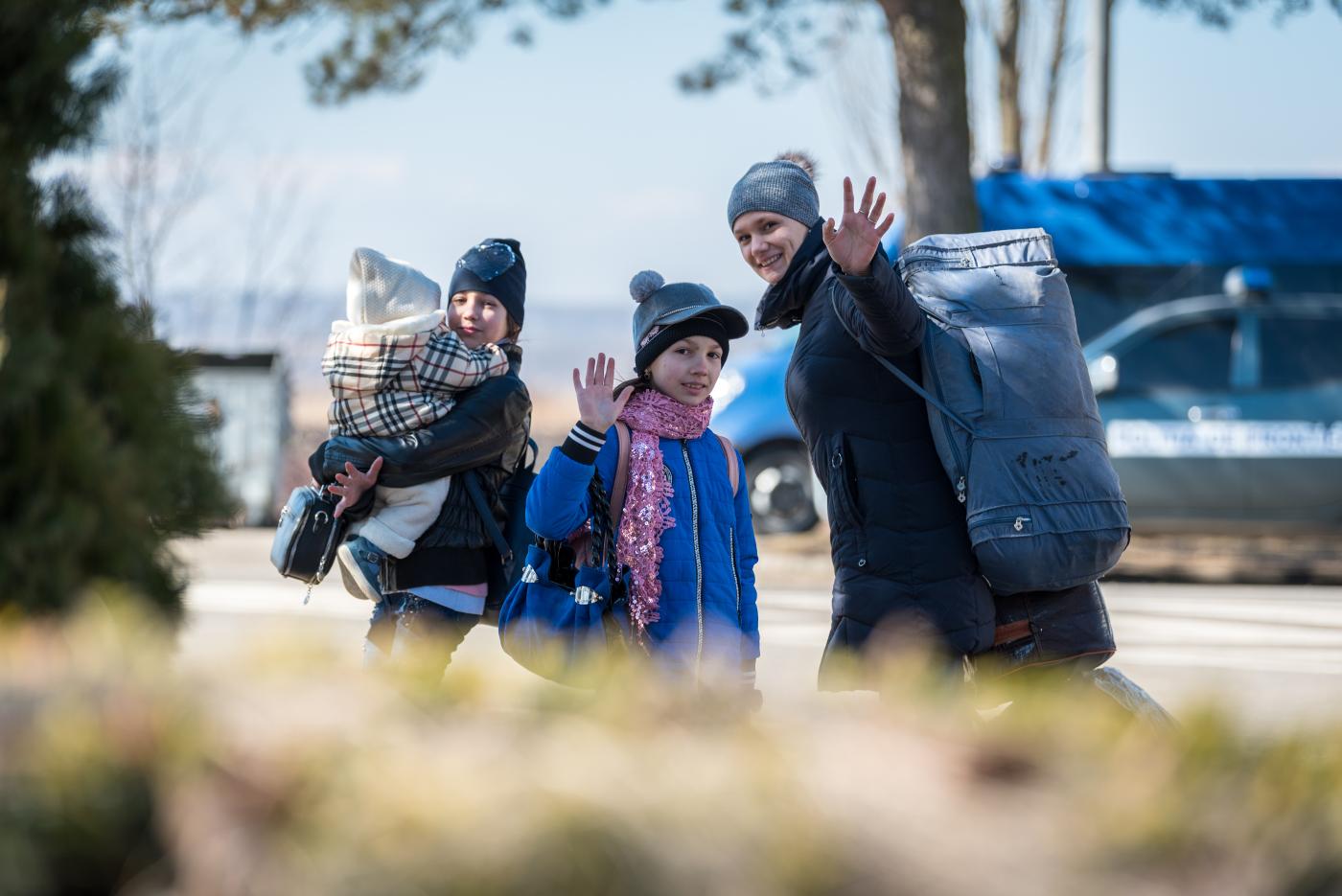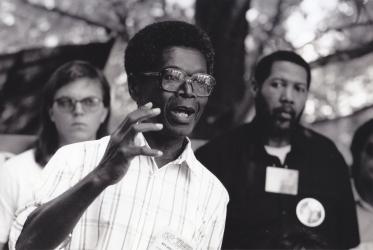Between 6th-8th November 2023, the Churches’ Commission for Migrants in Europe gathered in Rome for its General Assembly. Together we heard about the immense work being done by churches and other people of good will all over Europe, the experiences of recent arrivals, and shared concerns regarding current political developments.
We are deeply moved by the solidarity that has manifested itself during the welcome of Ukrainian refugees across Europe since February 2022. The Temporary Protection Directive showed that welcoming those in need can be done with more openness and less bureaucracy than previously thought. Civil society, individuals, as well as communities and enterprises have stepped in with immense power and creativity and joined efforts with public authorities, in contrast to the often hostile political debate about migration.
We believe that those experiences on the ground could serve as a guiding example for revising and revisioning our current political strategies. The immense solidarity with Ukrainian refugees is darkened by the continuing suffering of others in need of international protection who are seeking safe passage into Europe. Let’s dare to strive for asylum systems that treat all in need of international protection in the same way, without discrimination. This has also been called for by lawyers all around Europe and beyond.
Listening to organisations working on the island of Lampedusa, we were reminded that so far this year, 2,563 people are estimated by UNHCR to have lost their lives in the Mediterranean Sea. At the same time, European borders are secured – or rather shut off – by several thousand kilometres of fence. We are shocked by reports of repeated violence by authorities at the borders, on sea and land. We are outraged by the apparent cases of racism, interpersonal and systematic, in European refugee laws, policies and law enforcement, especially in Southern Europe, targeting migrants from Africa, Asia and the Middle East.
The attitude, politics, and narrative of such a “Fortress Europe” endangers the life and dignity of people on the move, and jeopardises basic legal principles and moral values in our societies. We also fear that it endangers profound human values within us: mercy, justice, solidarity, compassion. Thus, protecting those in need of international protection is also about protecting our humanity.
We therefore call upon governments in Europe to increase their work on securing safe passage for those in need, to ensure sufficient search and rescue, and not to externalise their responsibility to other countries. People in need of international protection should never be part of a political trade-off, either internally or externally, especially not with authoritarian regimes.
Politicians and civil society leaders alike also need to reshape the prevailing narrative: as we know from human history and see in the bible, migration isn’t a temporary problem to be solved, but a basic reality of human existence, essential for development and creativity. The idea of “zero migration” is not only unrealistic but also deeply misguiding, and leads to poor preparation and unnecessary suffering.
Protection and integration of migrants presupposes communities that have the capacity to expand, even though it requires change from all parts. Such a change starts with open hearts. Strengthening social cohesion is therefore an integral part of our work and mission as churches. Here, faith is the opposite of fear. We do not want to be silent about the fact that we as churches need to examine ourselves as well, and don’t always live up to the standards and ideals that we advocate in the political sphere. At times, we all fall short of being faithful to Christ’s call to welcome the stranger.
As we reflect on the rise in violence and displacement since the last CCME General Assembly in
2021 – with conflicts flaring in Europe, the Middle East and elsewhere – the churches urge and
pray for our nations and communities to respond to people in need with openness and generosity.
Therefore, we pray:
"Triune God, keep our hearts vulnerable to people on the move. Keep us grieving over the loss of
lives. Keep us determined to speak up and act for change. Grant courage and wisdom to those
in power, letting justice and compassion guide our common future. May we be open to be shaped
by you and by one another.
God, protect those who are forced to flee their homes and countries. And help us protect our
humanity from fear and mistrust. Amen"
Rome, 8th November 2023






